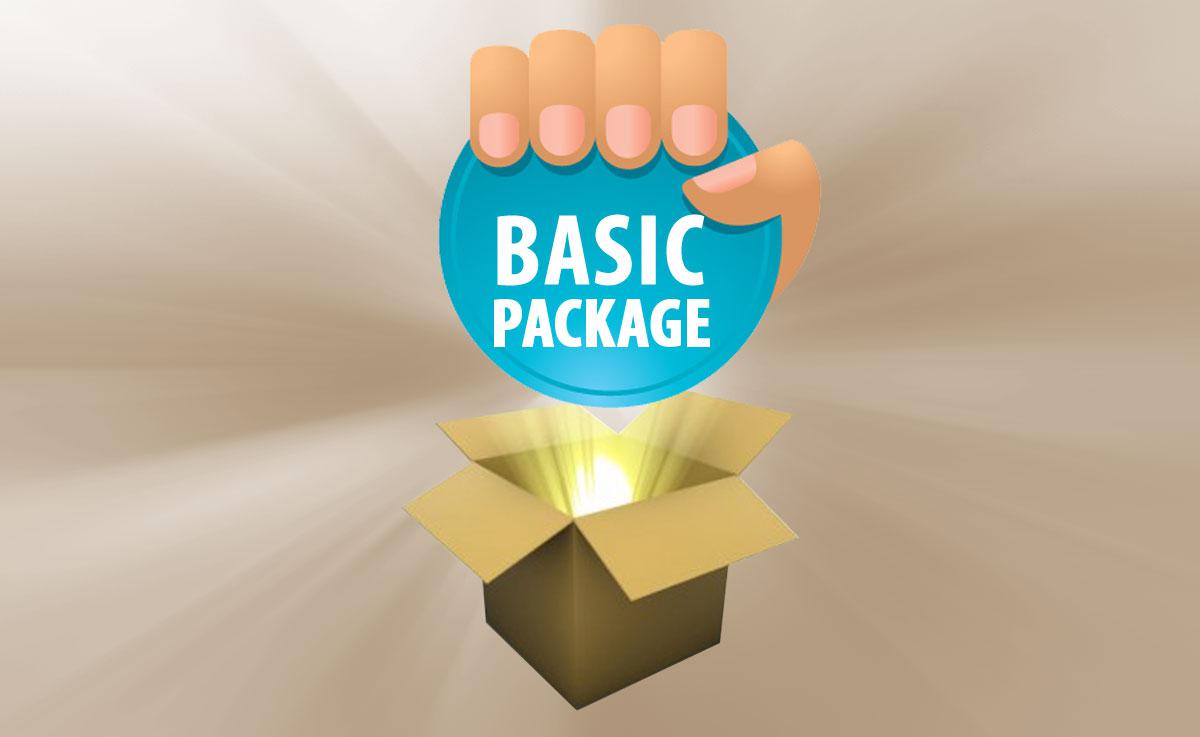Social Inclusion of Migrants to the Education

Course
Social exclusion of migrants and refugees is still an unfortunate reality in Europe today. Its negative consequences affect in particular all immigrant children. War at Syria and other conflicts at Middle East and Africa lead a migration to Europe. Many European member states have adopted measures to establish more inclusive education systems and to guarantee the right of migrant children. In practice, however, authorities take some measures but teachers have also responsibilities to avoid the social exclusion at schools. Our course aims at raising awareness of teachers and school administrators about how to ensure social inclusion of refugee students. Turkey has a wide experience on social adaptation of migrant students to the education. Course includes practical determination and prevention methods of social exclusion. Course is adaptable according to target groups.
Target Audience
Teachers from all levels (Primary school teachers, secondary school teachers, adult education teachers, VET teachers)
Standard Program
First day:
Migrants in general and the traumas experienced by migrants. Effects of these traumas on children
Psycho-social issues in migration
The second day
Educational needs of children in migration
Problems of immigrant children living in a different mother tongue environment in a different country
Destruction of different cultural environment and post-escape syndrome in children
The third day
Risk of social exclusion for migrant children
Methods of detecting social exclusion
General measures to be taken in order to prevent social exclusion (Information for other children, etc.)
Measures to be taken in case of social exclusion
Fourth day
Problems that arise due to the different curricula of the immigrant child's education curriculum and therefore the past education
Problems arising from the interruption of education by immigrant children
Fifth day:
The risk of having a migrant child in the classroom affects the overall quality of education in the classroom
The immigrant child is prone to violence due to his experiences and this threatens the other part of the class
Methods of coping with external pressures (parents of other students) due to the immigrant student being in the classroom
Note: We organize cultural tours according to the demands of the group.
Note 2: We are flexible on making changes on the program according the demands of the group. This is a standard 1-week course. We can reduce it to 2 days and increase to 2 weeks.


